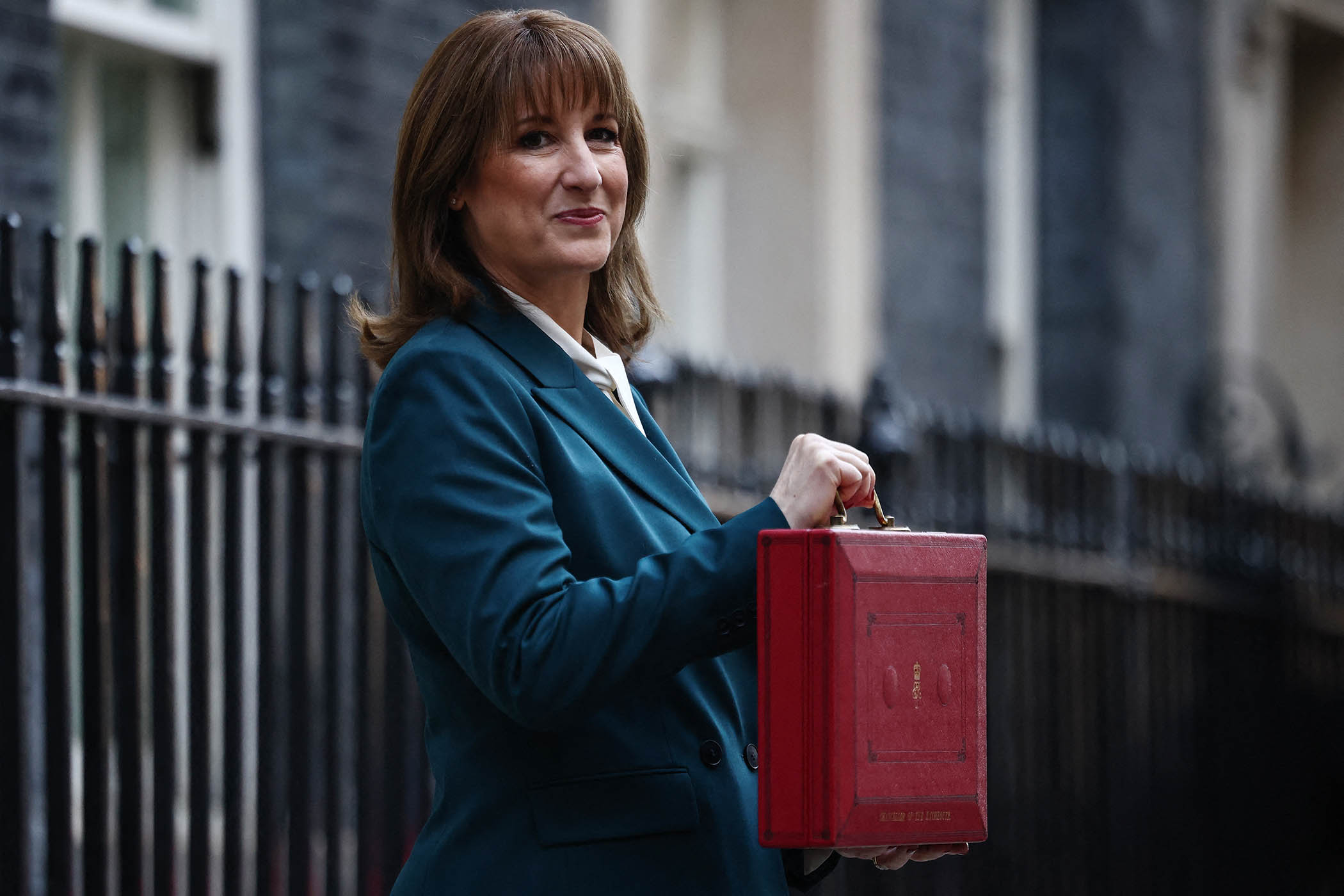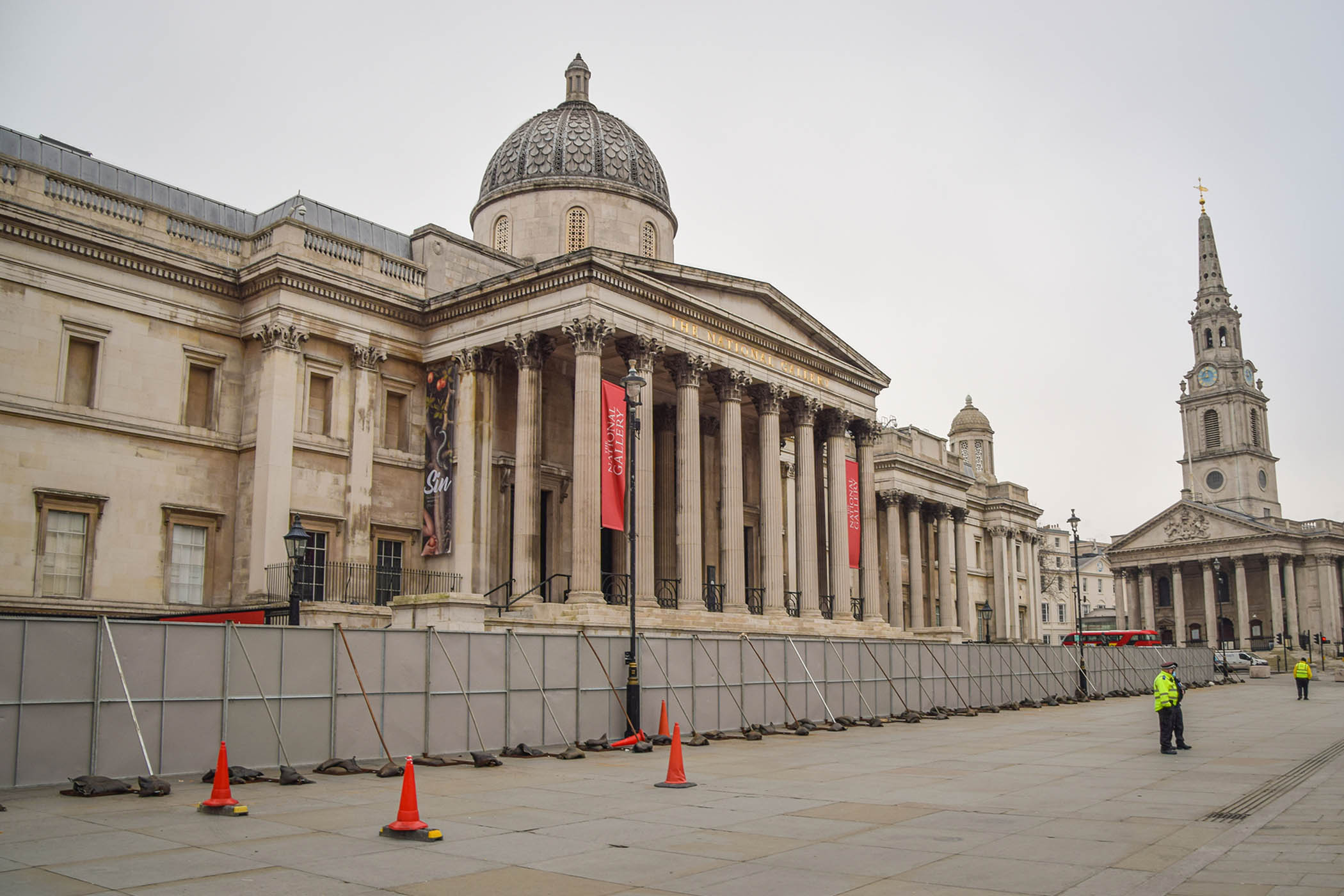In plenty of time for the budget, an international team of economists polled 7,000 British firms to learn more about their experience of trading with Europe since Brexit.
Not all of these companies did trade with the European Union, but those that did reported almost uniformly worse terms of business, lower trade volumes, lower earnings available for investment and fewer people employed.
The study estimated the “micro” hit to the firms’ growth since Brexit to have been 5 to 6 per cent since, feeding into a “macro” hit to the wider economy of 6-8%. The upper end of that range is equivalent to about £200bn a year, twice the working estimate of the Office for Budget Responsibility (OBR).
One thing that can be said for certain either side of Rachel Reeves’s budget speech today is that it would have been much easier to write, much less likely to divide the Labour party, much less threatening for the careers of the chancellor and Keir Starmer and much less of an anxious watch for the markets if the UK were still in the EU.
That upper-end £200bn is roughly 150 times what Reeves hoped to save by keeping the two-child benefit cap, 400 times what she hoped to save on winter fuel payments and enough to fill her fiscal black hole about eight times over.
It is a high estimate but it does not include the other injuries the authors of this new study say were inflicted by Brexit: a 12-18% decline in investment, a 3-4% slide in employment and a 3-4% cut in productivity.
Brexit is a fact, so why torture the government with implausible what-ifs? There are three good reasons.
First, the data. The study’s findings are solid. In addition to using a 7,000-strong “decision-maker panel” reporting back from the business front line, the economists from Stanford, Nottingham and King’s College London universities, as well as the Bank of England and the Deutsche Bundesbank, collate the findings of 13 other academic studies and compare the UK’s performance over the nine years since the Brexit vote with that of 33 other comparable economies, measured as an average of five different metrics. The verdict - that the economic impact of leaving the EU is worse than previously thought and getting worse with time - is as close to fact as a contemporaneous study is likely to get.
The “firm-level data” is especially significant, says John Springford of the Centre for European Reform, who was not involved in the study, because it teases out the effect of Brexit on individual companies even after the energy price shock of 2022.
Second, the politics. Keir Starmer believes he cannot revisit the fundamentals of the UK’s relationship with the EU for fear of mass defections by Labour voters to Reform UK, but that strategy is not helping him. In fact, it is increasing the chances he will be replaced from within his party before the next election, and it’s conceivable that his successor might be more willing to put country before party, especially if Reform’s Nigel Farage goes on offering less-than-convincing answers to questions about whether he was a schoolboy racist.
Newsletters
Choose the newsletters you want to receive
View more
For information about how The Observer protects your data, read our Privacy Policy
Third, the long view. The verdict of pundits on this budget may be harsh but historians will surely say that Reeves has been wrestling with the numbers with at least one hand tied behind her back. In the real world they don’t add up, but in the economists’ counter-factual they would. “The OBR would say it would largely eliminate the cost [of Brexit] we have seen so far,” Springford says, with the caveat that it would take at least a decade.
In that time, the International Monetary Fund estimates, state spending as a share of GDP will have to rise in the UK and most similar economies by 2-3% because of new security threats, their ageing populations and the rising cost of healthcare. Absent radical reform of their social contracts, that extra spending will lead to more debt, more expensive debt, more instability and less growth. These trends are already visible. While UK tax revenues have risen by 2% since 2019, spending has risen three times as fast and the UK’s cost of credit is now the highest in the G7 – the second hand tied behind Reeves’s back.
This is not a fun time to be trading with the world’s largest trading bloc. “Red tape is a big issue,” Bertie van Wyk, senior strategist at MillerKnoll, the world’s largest office furniture manufacturer, said at the Confederation of British Industry’s annual conference on Monday. “Leaving the EU has been a massive problem for us, so much so that we have started moving entities into Europe in order to function better. We’re employing fewer people here, and more there."
At some point in the future, a chancellor will have the courage to come clean with voters about the cost of Brexit. As things stand, the longer the wait, the more compelling the numbers will be. When that time comes, there may be another dilemma to confront in an EU that, like Charles de Gaulle, won’t want the UK to become a member.
Henry Nicholls / AFP via Getty Images



